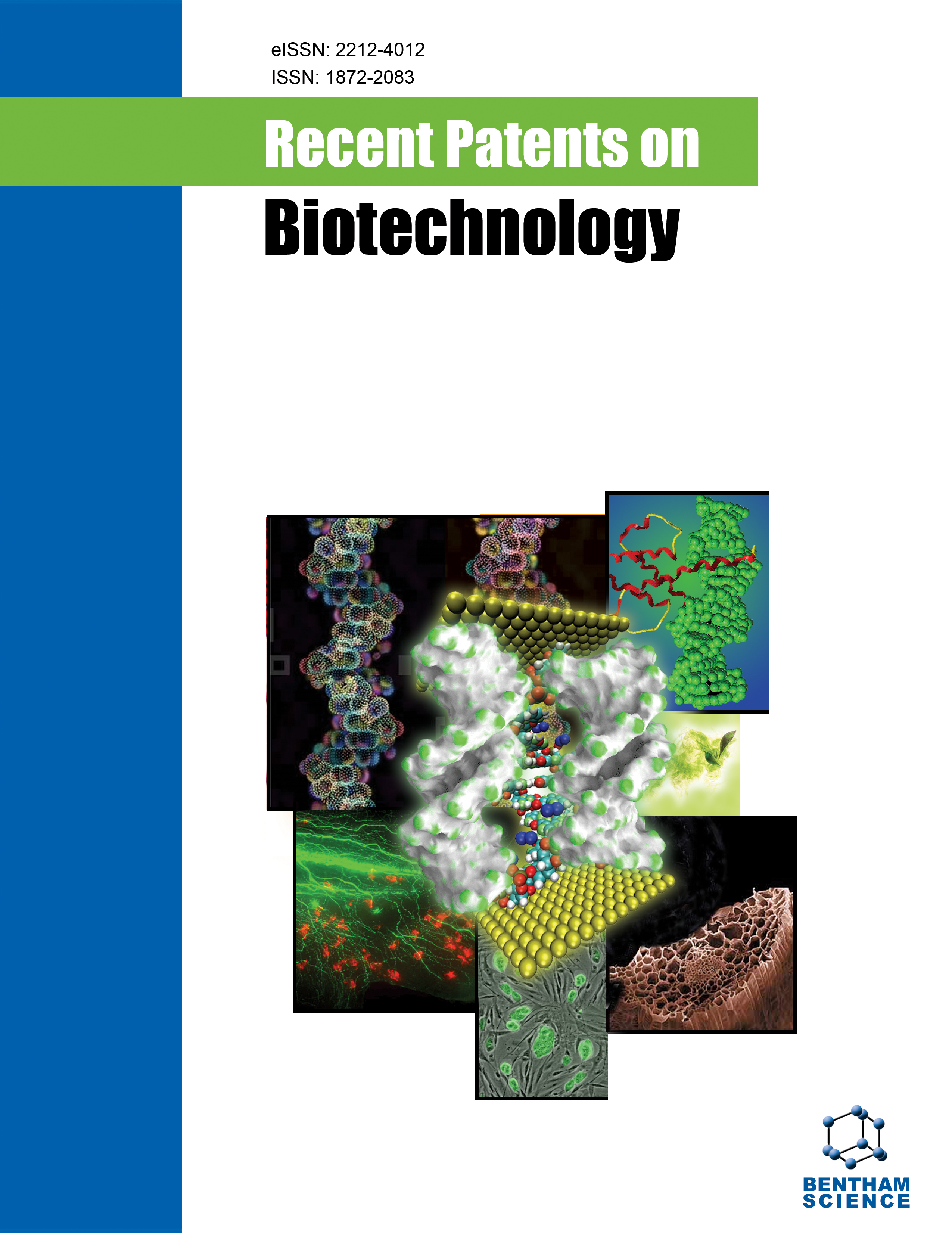
Full text loading...

Urinary Tract Infections (UTIs) caused by Escherichia coli are a major concern due to rising antimicrobial resistance. Long non-coding RNAs (lncRNAs) play crucial roles in gene regulation, but their involvement in UTIs and their implication in antimicrobial resistance mechanisms are not well understood. This study investigates the association between specific long non-coding RNAs, immune response, and antibiotic resistance in patients with infections caused by E. coli.
Quantification of specific lncRNAs (NEAT1-1, NEAT1-2, MIR3142HG, AK170409, and IL7AS) was performed using quantitative PCR. Inflammatory markers IL-1β, IRF3, and NF-κB were measured in UTI patients using ELISA kits to assess their biological response. The minimum inhibitory concentration of eleven antibiotics was determined by testing all 25 urine samples and categorized as sensitive, intermediate, or resistant.
NEAT1-1, NEAT1-2, MIR3142HG, and AK170409 were significantly upregulated (p < 0.05). Inflammatory markers were significantly elevated in all samples: IL-1β at 72.36±13.8pg/mL, IRF3 at 79.36±15.01pg/mL, and NF-κB at 4.43±0.82pg/mL
(p < 0.0001). NEAT1-2 and AK170409 expression correlated with distinct antibiotic response patterns (p < 0.05). Differences in biological and hematological data were observed among UTI patients with varying topographic expressions of specific long non-coding RNAs (lncRNAs).
Specific lncRNAs may be involved in modulating immune responses and influencing antibiotic susceptibility in UTIs. Their expression patterns reflect both the severity of infection and resistance profiles, suggesting a functional role in the development of antimicrobial resistance.
LncRNAs are potential biomarkers for UTIs caused by E. coli. Future studies should focus on elucidating their role in the development of antibiotic resistance and exploring their patentable applications in biotechnology.

Article metrics loading...

Full text loading...
References


Data & Media loading...